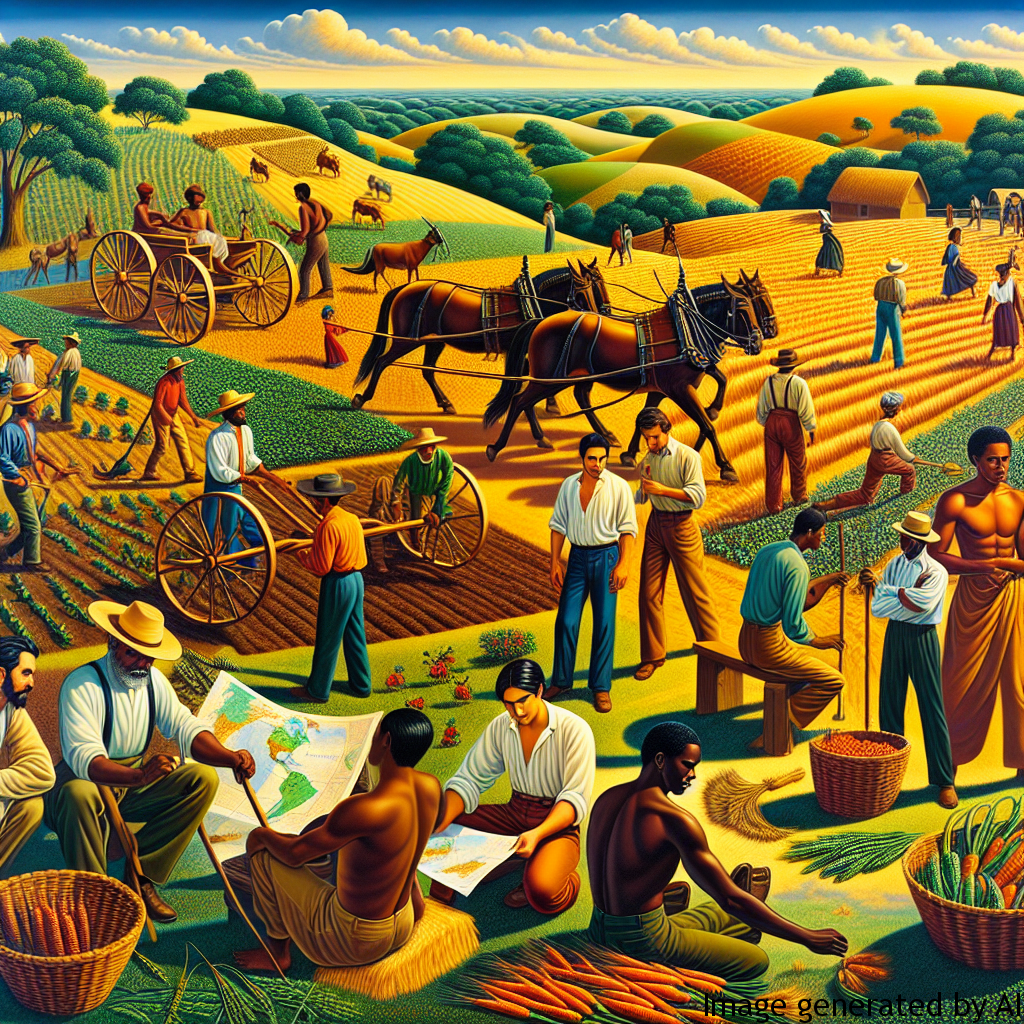Introduction
The practice of land cultivation and agrarian management primarily by men has deep cultural and historical roots. In traditional societies, men are often seen as the stewards of land and food, performing key tasks such as farming, managing landholdings, hunting, and gathering. This gender expectation sees men as the protectors and providers, underpinning the societal fabric. However, these traditional roles can also have significant impacts on men’s psychological health.
Gender Expectations and Their Impact on Men’s Mental Health
The burden of being the Provider
Despite advancements in gender equality, the burden of being the primary provider of the family still predominantly falls on men’s shoulders. This expectation requires men to engage in rigorous physical labor, such as farming and land management, which can result in excessive stress, anxiety, and other mental health issues.
Emotional inhibitance
Traditionally, men are expected to stoically maintain a strong front, managing stress and emotional upheavals with equanimity. This societal expectation on men can suppress their emotional expression, leading to an increased risk of mental health problems such as depression and anxiety.
Examples of How Gender Roles Can Impact Men’s Lives
Men engaged in agrarian roles frequently deal with factors such as unpredictability of weather, crop diseases, and economic downturns. These factors can induce severe stress and anxiety. Additionally, these men are often geographically isolated, limiting their access to healthcare services, which further exacerbates psychological distress.
Another way in which gender roles affect men’s lives is the societal expectation for men to be always strong and largely independent. This often constrains them from seeking help when needed, significantly impacting their mental and physical health.
Tips for Improving Psychological Health Considering Gender Roles
Improving the psychological health of men engaged in farming and land management must involve breaking down barriers to emotional expression and promoting healthy coping mechanisms to address stress. This can be done by promoting mental health education and awareness, providing accessible psychological support, and creating networking groups for shared understanding and camaraderie.
Besides, it’s crucial to challenge the societal expectation of men as the sole providers. Encouraging shared responsibility within the household can help alleviate the stress and anxiety associated with upholding this role.
Conclusion
While men’s roles in agriculture remain vital, it is important to re-evaluate and challenge traditional gender expectations that adversely affect their mental health. It is essential to foster an environment where men feel comfortable expressing their emotions and seeking help without fear of judgment or stigma. By doing so, men, as stewards of land and food, can achieve a higher quality of life, better mental health, and ultimately, a more egalitarian society.

